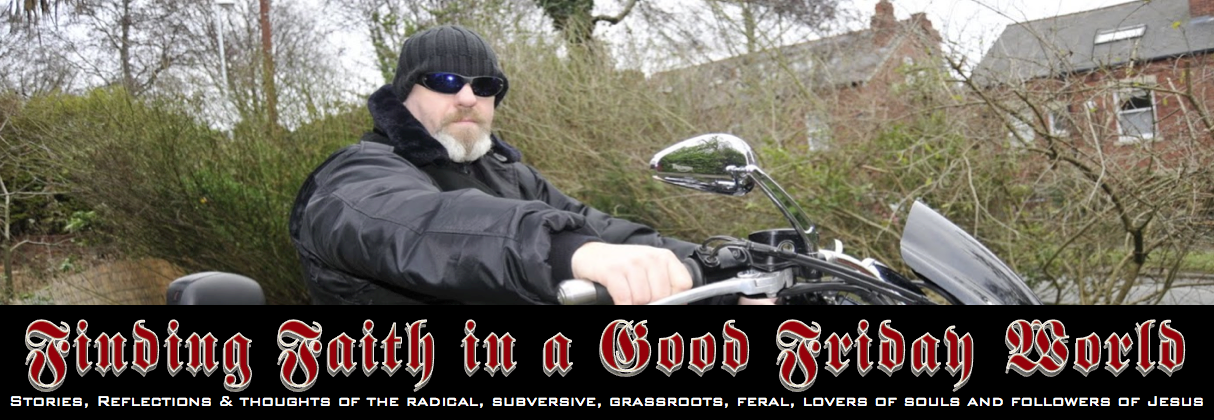Introduction:
We all know that slumping and slouching is bad for your health, it can lead to bigger problems later on. Slumping and slouching can lead to many medical conditions that effect the whole body, Bad posture can lead to inflexibility, reduced range of motion. restricted breathing and some of your vital organs out of alignment and a whole lot more. A better posture will have a positive impact on many areas of your life: from feeling free of tension and having greater freedom of movement to being able to control stress levels more effectively. Improved balance and co-ordination will prevent future injury. As in our own bodies so in the realm of discipleship, slumping and slouching with what we believe and how we behave can lead to conditions that effect the whole body of Christ too. It can lead to our inflexibility, our reduced range of motion, our vital ministries, and mission out of alignment. In the body of Christ we need to correct our “Posture” A better posture will have a positive impact on many areas of your own Christian life.
This morning I’m going to deliberately be pointed and challenge and loosen some things, from the passage last week and leading into this weeks passage. I want to speak this morning on “Good Posture”. I’ve made the choice this morning of speaking about discipleship first and then our work in the world. In John 4. I hope “God willing” to speak what I believe is on God’s heart for us as a church as a body. Perhaps to there may be individuals that God will speak to this morning. This will not be a sermon this morning that examines every part of the context, I will not be looking at the finer details, but in broad brush strokes.
Last Week: Last week we were reading from John 3.
This Week: A closer look at 3:35 – “The Father loves the Son and has placed everything in his hands”
Placed everything in his hands – This is the “Posture of God” Do we, really believe this? Is this our posture too.
Other passages that stimulate this thought.
John 5:22 “has given all judgement to the son”
John 6:38-40 “For I have come down from heaven not to do my will but to do the will of him who sent me. And this is the will of him who sent me, that I shall lose none of all those he has given me, but raise them up at the last day. For my Father’s will is that everyone who looks to the Son and believes in him shall have eternal life, and I will raise them up at the last day.”
John 13:3 “Jesus knew that the Father had put all things under his power, and that he had come from God and was returning to God”
Ephesians 1:22 “And God placed all things under his feet”
Hebrews 2:8 “and put everything under his feet." In putting everything under him, God left nothing that is not subject to him”
What does it look like to align your own “posture” with this? The authority and power Sin? Totally dealt with.\
Satan and Evil? Satan’s power defeated, a world to be redeemed and healed.
What about us? We sometimes live as if God was defeated and his plans are null and void.
New Covenant “Posture” It’s a finished work, This is new covenant truth.
The great cry of the Cross “It is finished”
The great cry of the book of Hebrews “Once and for all”
What does it look like to “Rest” to “Posture” ourselves in the finished work of Jesus.
Not just “claiming” for a future time – but “declaring” it now. This is “Good Posture”
Not just “hoping” that some day it will come to pass – but “living in and living it out” in the world. This is “Good Posture”
Not just “spiritual warfare” where you do all the fighting, but “resting” in the victory of the cross and resurrection. This is “Good Posture”
Not just “praying” that things will be different but “God confidence” even when things are not.
Not just “God with you, or around you”, but “in you,” all of God “in you” by his Spirit. This is “Good Posture”
SETTLE IT WITH GOD ONCE AND FOR ALL AND LIVE IN IT.
John 3:35 – “The Father loves the Son and has placed everything in his hands.”
Now to John 4: - The New Covenant “Posture of Jesus”
This is the context of John 4: - Jesus’ Position and posture in Samaria
Now we may not all be called to occupy prohibited space, but we all are called to witness as a Christian, it not just for the professional, the clergy, the leadership, the evangelists. But what we see of Jesus in the New Testament and in John’s gospel is typified here in for us John 4.
The posture of Jesus We find the “Posture of Jesus” He was weary and sat down by a well. But he was always in a place of settled rest when it came to the will of his father and of the truth.
The Posture of the Body of Christ. (Resting) we are called discover Mission and Ministry from this posture. Jesus was ministering from a place of rest. He was speaking into a life and seeing the father’s will worked out in transformation of an individual and a village.
This is to be the posture of the body of Christ, this is to be our posture.
Resting: Settled, rooted in the truth of what God has done for us, undisturbedness. (Smith Wigglesworth)
Listening: Listening to others, Being along side, Sharing the same space.
Open: Being open to hear what God gives us for other people. (Words of Knowledge) a vital tool for mission and ministry.
Speaking: Communicating the truth of God’s favour and grace.




